A conservation easement is a legal document by which you may permanently protect and preserve agricultural soils and activities, natural resources, scenic open space, wildlife, unique plant life and special natural features of your property without placing actual ownership in the hands of a government or private agency. The conservation easement allows you to retain title, pass the property on to your heirs, or sell the property. An easement granted to the Land Trust of Bucks County protects, in perpetuity, against adverse impacts to the natural features of the property, its natural resources and the agricultural viability of the land. You still own the land and control access upon the land. The easement holding organization is only given the right to monitor your property, typically once a year. If you want to allow public access, for educational or recreational purposes, you may include that in the easement.
Why Consider a Conservation Easement
The primary reason that people put conservation easements on their property is their love of the land. When you place your property under conservation easement, you have permanently protected something of great importance to you. The restrictions you place on your property through the conservation easement allow you to specify, permanently, how the property will be used, long after you are gone. In addition to the knowledge that your land will remain protected, you may achieve reductions in your federal income taxes or federal and state inheritance taxes. Conservation easements can play an important role in estate planning, especially if you want to allow your children to inherit your property and keep it intact, without having to sell it to pay the estate taxes. Any property with significant conservation or historic preservation values can be protected by an easement. This includes farmland, woodlands, wetlands, meadows, endangered species habitat, scenic vistas, historic areas and more.
An easement restricts development and other disturbances to the degree that is necessary to protect the significant values of the property. If the goal is to preserve a pristine natural area, an easement may prohibit all construction and activities that would alter the land’s present natural condition. If the goal is to limit the density of development and protect woodland, the easement may specify a limited number of home sites, for subdivision purposes, and designate areas where tree cutting is prohibited or land must be left open.
Reduce Your Estate Tax
Many heirs to large historic properties, farms or ranches face monumental estate taxes. Even if the heirs wish to keep the property intact, the federal estate tax is based on its fair market value, usually the amount a developer or speculator would pay. The resulting estate tax is so high that the heirs often must sell or divide the property to pay the taxes. You may preserve your property for your heirs if you restrict the property with a conservation easement before your death or in your will. The extent to which the easement restricts development decreases its fair market value and thus decreases the estate taxes as well, often while providing income tax advantages. The advantage of granting the easement while you are living is that there might be inheritance tax benefits from preserving the land, but you should seek financial and legal advice on how it might affect your particular property and situation.
Conservation Easement vs. Deed Restriction
A deed restriction is not a conservation easement and does not protect the natural resources and land from development forever. A deed restriction usually does not specify a specific entity to enforce it, and could possibly be undone or reversed. Giving the easement to a conservation organization authorizes a concerned third party to act on your behalf to uphold your wishes and the easement terms to protect the land you love in perpetuity. Courts have upheld the validity of conservation easements, both nationally and in Pennsylvania. If the Land Trust of Bucks County should cease to exist, the easement will be passed on to another qualified conservation organization. Once again, a strong stewardship fund linked to the easements guarantees that another organization will accept the responsibility for defending them.
Conserve Today!
The Land Trust of Bucks County urges you to consider a conservation easement as part of a complete financial planning strategy. We recommend that you consult with a financial planner about how an easement may benefit you or your estate. For more information on how to place an easement on your property and the benefits of doing so, please contact us.
